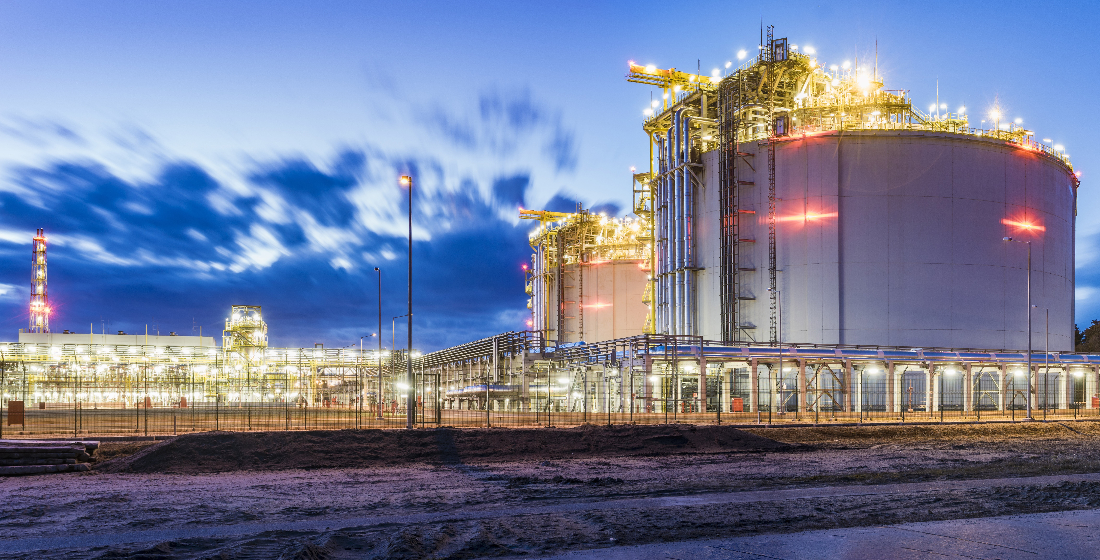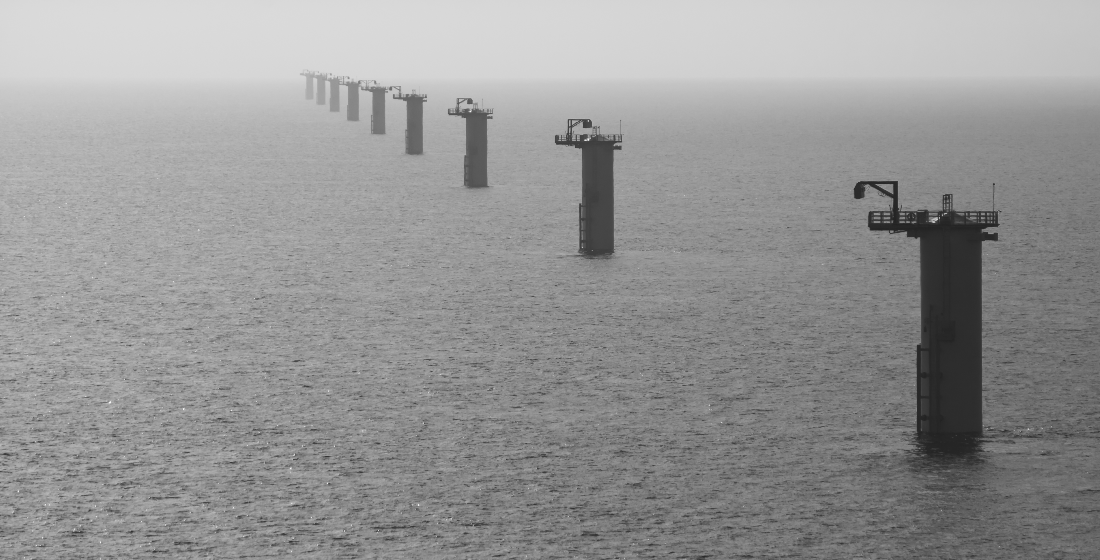Mozambique – it’s a gas, gas, gas?
Mozambique has pinned considerable hope on two mega LNG projects. Jonathan Bell assesses the situation and examines the fortunes of Mozambique LNG and Rovuma LNG.

With the fall in oil and gas prices through the earlier part of this year, coupled with the impact of the Covid-19 pandemic, hydrocarbon projects underway and planned across the African continent have come under immense scrutiny about their viability as a number are under immense pressure because of range of issues – economic, social, climatic and security, to name a few. And, for Mozambique, which is investing its future in its gas sector, the current situation is arguably more intense than in other markets pushing the gas route to economic liberation.
Back in 2017 Mozambique had immense success with the export credit agency (ECA) multisource financing of the overall $8.6 billion Coral South FLNG project. Now, the country has two much bigger projects LNG projects – Mozambique LNG led by Total and Rovuma LNG led by ExxonMobil - pushing along, but at very different stages of progression, for a variety of reasons.
There has always been a lot of talk that Mozambique is a country of two economies – that of LNG, and that of the traditional economy. There is naturally the desire – and real need – to ensure that the economic benefits from LNG projects help to marry up the economic divisions and benefit the whole country. With the two mega LNG projects mentioned above, Mozambique now seems to be a country of two very much contrasting LNG projects.
And it is Mozambique LNG which a couple of weeks ago signed a $14.9 billion senior debt financing package that is a good way ahead of Rovuma LNG. In addition, Mozambique LNG is the largest project financing to date in Africa.
Just how much the success of LNG projects is to the country is emphasised in the latest insight report on Mozambique from business specialist African risk intelligence company EXX Africa, which notes: “Mozambique has been banking on its LNG sector to generate nearly $100 billion in state revenue over 25 years, more than seven times its gross domestic product. However, record low global gas prices, intensifying insecurity, and the onset of the coronavirus have thrown such prospects into question.”
The total cost of the Mozambique LNG project is estimated to be around $24 billion, and includes the development of the offshore Golfinho and Atum gas fields located in the offshore Area 1 concession in the country’s northernmost province of Cabo Delgado. The project also includes the construction of a two-train liquefaction plant with a capacity of 13.1 million tons per annum. Importantly, this is Mozambique’s first onshore LNG development.
The project financing includes direct and covered loans from eight ECAs, 21 commercial bank facilities, and a $400 million loan from the African Development Bank (AfDB). The ECAs involved with direct loans are US Exim ($4.7 billion), UK Export Finance ($1 billion), Sace of Italy ($950 million), ECIC of South Africa ($800 million), Atradius of the Netherlands ($640 million), Exim Thailand ($150 million) and JBIC ($3 billion) and Nexi ($2 billion of guarantees) of Japan.
Full details of the Mozambique LNG senior financing can be found here.
Mozambique LNG benefits from 11 sales and purchase contracts running from 13 to 20 years and covering 11.14m tpa of production. The international sponsors have also received a $2.25 billion five-year guarantee from the Mozambique government that it will pay state-owned National Hydrocarbon Company (ENH’s) equity share if required (the guarantee is in lieu of an immediate equity contribution from ENH). Despite Mozambique being sub-investment grade, the guarantee adds solidity to the joint and several debt service undertakings for the project during construction. The project financing is expected to reach financial close in the third quarter this year.
Rovuma LNG, which is a joint venture between ExxonMobil and Eni, also has China National Petroleum Corporation (CNPC), Galp, Kogas and ENH on board. It is envisaged as a 15 m tpa two-train project, based on reserves from offshore Area 4. The project is also in the Cabo Delgado province. Overall project costs have been estimated up to $30 billion. Project financing is expected to be largely ECA and DFI- backed, with commercial loans and heavy equity or sponsor loan backing for the overall scheme.
However, in April this year ExxonMobil announced that it would be delaying the final investment decision (FID) until 2021. This was not entirely Covid-19 related. In fact this was somewhat expected as there had been delays on the project advancement last year, when the sponsors wanted to cut costs on the overall project.
Is financing going to be an issue on Rovuma LNG? Much is likely to depend on how the revised project is sized and packaged. Earlier this year TXF ran a news item on how US Exim had initially been expected to be involved in Rovuma as well, but the agency pulled out (details here). Market speculation that this is because of CNPC’s involvement in Rovuma LNG has solid ground given the way US Exim is geared to compete with Chinese-backed projects. Chinese banks including China Exim are all expected to play a leading role in the financing.
In addition, much is likely to depend on what happens with Covid-19 and the oil market and the oil price environment. There are many unknowns. But one thing is for sure, Rovuma LNG also needs the success of Mozambique LNG to pull it along. Mozambique LNG will be developing considerable land facilities for its project – onshore transport and infrastructure that would be in place when the Rovuma LNG project starts. However, both projects are in the province where militant attacks (some reports have linked these to Islamic-state) have escalated in recent months and there is a volatile security situation.
As Robert Besseling, executive director at EXX Africa, comments: “Mozambique LNG [Total] and Rovuma LNG [ExxonMobil] cannot be compared based on the same criteria. Total’s project has already secured the required external financing and the project has supply contracts in place that have not been frustrated by lower global demand for natural gas. In terms of its project finance ‘silo’ structure, Mozambique LNG is very much shielded from any sovereign risks and potential contract risks. On the other hand, ExxonMobil’s project (Rovuma LNG) is far less advanced in its financial structuring and the project’s FID was due to be delayed this year in any case due to mounting concerns over insecurity in northern provinces.”
And looking more expansively on the sovereign risk aspects of dealing with Mozambique, Besseling remarks: “One of the most interesting aspects of how the LNG projects will advance is whether and to what extend the Mozambican government can provide the required funding to participate directly in the gas bonanza. A June $2.25 billion guarantee from the Mozambican government for ENH’s equity share may not be sufficient to calm investors’ nerves given the obvious sovereign risks in a country that remains in default on various obligations.”
He adds: “The only way forward that I can see is a rapprochement with the IMF and a new programme for Mozambique that would fund ENH’s participation. However, such a prospect would remain politically unpalatable given the budget austerity, economic restructuring, and financial transparency conditions such a programme would entail.”
Escalating security threat
In developed countries we tend to hear very little of some of the regional conflicts taking place in Africa and the Middle East. And we hear absolutely nothing about the most recent militant activities taking place in Mozambique. But it is a very serious situation and one that could have a significant impact on gas field and economic development in the country.
EXX Africa’s recent insight report on Mozambique is entitled: ‘Northern Mozambique in effective state of civil war’. And the sub-header duly notes: ‘A day after the UK government (through UKEF) committed to finance Mozambique’s LNG sector, another daring attack targeting security forces in the gas-rich north of the country indicates that the local insurgency risks spilling over into a full-fledged civil war, unless regional collaboration on counter-insurgency and fresh socio-economic investments are implemented.’
Despite a targeted fight-back by Mozambique security forces and two other military groups employed by the government to fight insurgents, the problem is not going away. And there have been calls for a concerted effort from the SADC to ensure that the northern part of Mozambique is properly secure otherwise the proposed gas projects and the country’s economic future is in serious jeopardy. I strongly urge anyone involved in project finance there to read the on-the-ground intelligence from EXX Africa.
Now time to get up to speed with the markets
Here's a selection of original TXF Subscriber articles recently published
Guido Clary, head of Slovenia and Western Balkans unit at EIB, outlines the DFI’s response to the Covid-19 crisis and explains how its new impact financing initiative, a gender-tied project loan facility via UniCredit Serbia, works.





